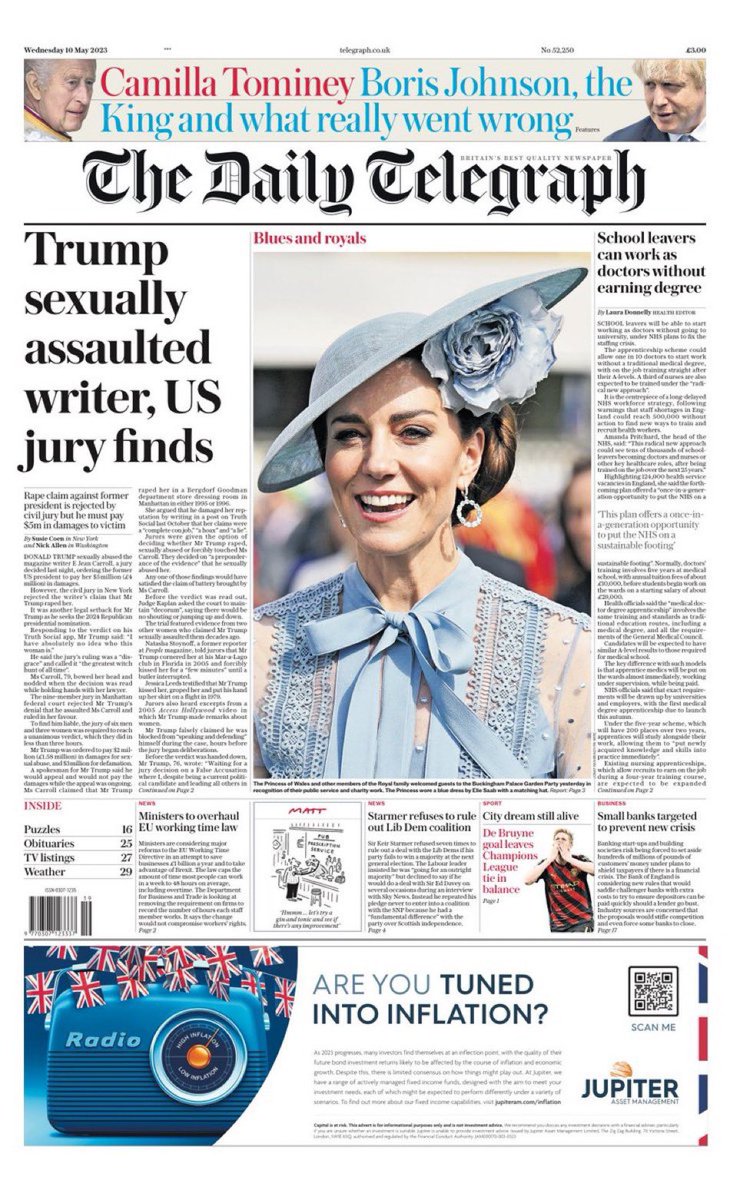Dealing with Political Unrest: Professional Perspectives

Political updates is more dynamic and unforeseeable at any point in history, with new developments arising almost daily that shape the field of public policy and social standards. As we delve deeper into a crucial election cycle, the political landscape is marked by the rise of third-party candidates, unpredictable alliances within Congress, and a new generation of voters poised to assert their opinions. This article explores the current political turbulence, providing insights from authorities on key issues affecting the public.
From the approaching 2025 election countdown to debates about the integrity of democracy, we explore the pressing topics that are captivating both policymakers and citizens alike. We examine power plays in Washington, discuss the implications of the upcoming Supreme Court rulings, and analyze the altering relationships of foreign policy. Amid increasing difficulties, such as misinformation and political redistricting, we will shed light on how these elements affect public sentiment and strategies in politics. Come with us as we analyze these essential topics and reflect on the prospects of politics in America.
The Rise of Independents and Young Electorate
The political landscape in the United States is witnessing a remarkable shift with the rise of non-affiliated voters. This demographic is increasingly rejecting established political parties, seeking alternatives that resonate more with their beliefs and concerns. follow this link is creating a new political era where independents play a crucial role in determining election results, compelling both major parties to reconsider their strategies and communication. As more voters identify as independents, candidates are pressured to address issues across traditional partisan boundaries, leading to a potential reshaping of political priorities.
Among the nonpartisan voters, the youth vote emerges as a significant force that could impact the 2025 elections. Young voters, often driven by progressive values and a drive for social reform, are mobilizing in historic numbers. Their engagement in the political process, driven by issues such as climate change, social justice, and income disparity, presents a challenge to established political norms. If harnessed, the youth vote can reshape the story leading into the election, signaling that the future of politics in the U.S. may lean towards a more diverse and representative representation.
The merging of rising nonpartisan voters and the activated youth vote poses both opportunities and obstacles for traditional party structures. Political candidates must adapt to this evolving electorate by amplifying their messages on pressing issues and establishing real relationships with these voters. As the 2025 race begins, understanding the nuances of this emerging political environment is crucial for any candidate aiming to capture the hearts and minds of Americans seeking change.
Power Dynamics and Administering Issues
As the political landscape changes, the rise of nonpartisan candidates is transforming traditional power relations in Washington. Many voters are expressing frustration with both major parties, leading to a increased interest in candidates outside the Republican and Dem Party establishments. This change could lead to a new governing era where third-party voices influence policy and election outcomes, confronting the status quo that has governed American politics for years.
The upcoming 2025 election is marked by heightened competition, with a focus on essential concerns that connect with constituents. As the countdown begins, candidates are strategizing to secure the young voter vote, a demographic progressively recognized as a game changer. Their engagement in the electoral process could redefine priorities, forcing long-serving politicians to address overlooked concerns like climate change, equity, and financial inequity.
Political management difficulties persist as new partnerships form within Congress, resulting in unusual collaborations that could either encourage progress or add complexity to negotiations. The emergence of these unexpected allies reflects a nuanced understanding of the need for cooperation, although questions about the sustainability of bipartisanship remain. As electoral manipulation fears re-emerge and the impact of disinformation continues to grow, leaders must manage a complex environment where faith in political processes hangs in the balance.
Election Honesty and Political False Information
As we approach the 2025 elections, the emphasis on election integrity has increased. Concerns about the dependability of balloting systems, potential outside interference, and the validity of absentee ballots are at the forefront of conversation. Specialists warn that without robust safeguards, the trust in voting systems could diminish, resulting in indifference and disappointment among the electorate. Ensuring election openness and safeguarding against deceptive tactics are crucial for upholding democracy and fostering civic participation.
Political false information continues to be a formidable challenge, especially with the rapid spread of inaccurate stories across social media platforms. False information initiatives can skew how the public views things and affect voter actions significantly. The increase of "fake news" around important topics and candidates complicates attempts to educate the electorate. Addressing this issue requires concerted efforts from technology firms, policymakers, and civic organizations to encourage understanding of media and verification initiatives while holding offenders responsible.

As the political environment evolves, the integrity of votes will be carefully examined. With increased alertness, the electorate are becoming more watchful about the information they receive. Organizations that promote transparency and open dialogue will play critical roles in reinforcing trust among the public. Ultimately, fostering an educated electorate is vital for the health of the democratic system, ensuring that alternative viewpoints and fresh concepts can arise without the overshadowing gloom of misinformation.
